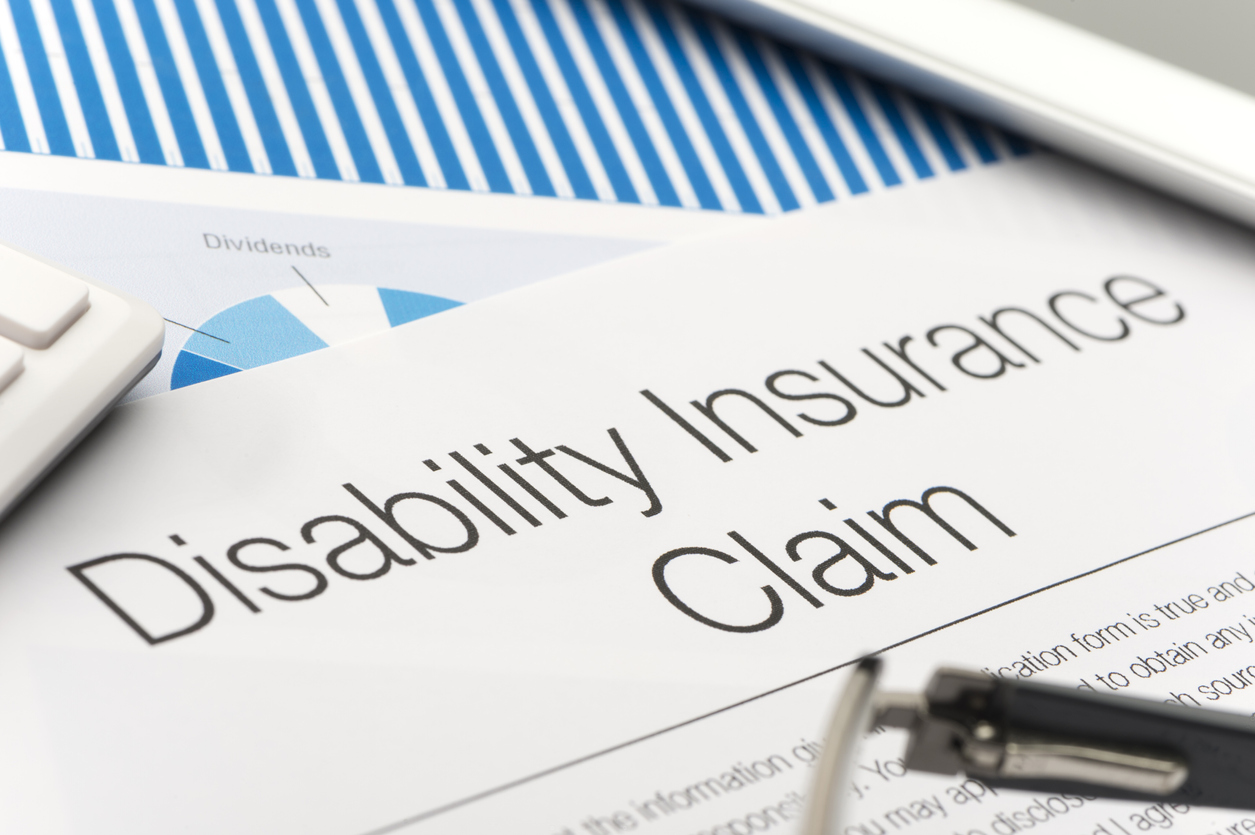Having a spouse pass away can leave a void you may feel deeper than you could have even imagined. On top of the emotional impact of losing a spouse, there can be some tough financial realities to confront. The loss of a spouse can also come with a loss of critical financial support provided by that spouse. Surviving husbands and wives may be left wondering how to make ends meet. Fortunately, for those surviving spouses of deceased disabled workers, there may be survivor disability benefits available
Can a Widow or Widower Receive Disability Benefits?
Yes, a widow or widower may be able to receive survivor Social Security benefits, both disability benefit and retirement benefits. Here, we will focus on the survivor disability benefits. Eligibility for such benefits will depend on a number of factors, including the benefit being sought. Furthermore, the spouse must have been married to each other for a minimum of one year in order to qualify.
First, there is the Mother’s or Father’s Benefit which may be available to the surviving spouse. If the deceased spouse was eligible for disability benefits, then the surviving spouse of the deceased worker may be able to get a monthly benefit check if he or she is charged with caring for at least one child of the deceased spouse who is under the age of 16 or who is disabled. If the disabled child is over the age of 22, then the disability must have arisen prior to the age of 22. Generally speaking, the deceased spouse must have worked a minimum of 10 years out of the past 20 years in order to be eligible for disability benefits. There is, however, a special rule which provides that if a deceased spouse worked for at least one and a half years in the three years preceding death, then the Mother’s or Father’s benefit will be paid out. This benefit ceases when the child turns 16 or is no longer disabled.
There is also the Widow’s or Widower’s Benefit which may be available to the surviving spouse. If the surviving spouse was married to the deceased disabled spouse for a minimum of one year prior to death and the deceased spouse was either receiving or entitled to receive SSDI at the time of death, then the surviving spouse can get this benefit if the surviving spouse is either disabled and between 50 and 60 years of age or the surviving spouse is 60 years or older. If the surviving spouse is between 50 and 60 and disabled, the disability must have arisen within 7 years of the deceased spouse’s death. It may be important to note that this benefit will end if the surviving spouse remarries. Alternately, the benefit will end if the surviving spouse becomes eligible to receive notably higher Social Security benefits on his or her own record.
Last, but not least, the surviving spouse may be entitled to a lump sum death benefit. The surviving spouse must have been living in the same household as the deceased, disabled spouse. If the deceased spouse was entitled to Social Security benefits at his or her time of death, then the surviving spouse will receive one lump sum death benefit that can total upwards of several hundred dollars.
Disability Attorney
Have you lost a spouse who was receiving disability benefits you came to financially depend on? Do not hesitate to reach out to Roeschke Law and find out what survivor benefits may be available to you. Contact us today.









